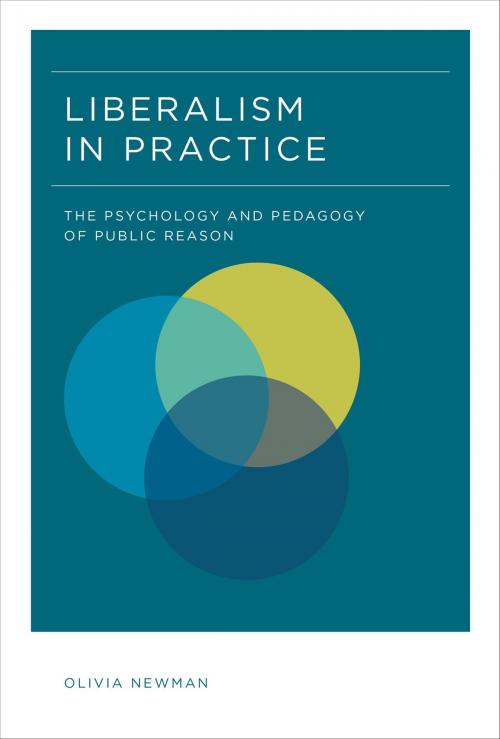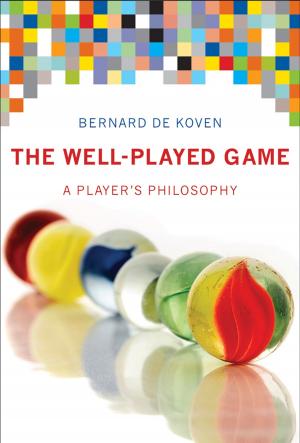Liberalism in Practice
The Psychology and Pedagogy of Public Reason
Nonfiction, Health & Well Being, Psychology, Social & Cultural Studies, Political Science| Author: | Olivia Newman | ISBN: | 9780262327565 |
| Publisher: | The MIT Press | Publication: | February 27, 2015 |
| Imprint: | The MIT Press | Language: | English |
| Author: | Olivia Newman |
| ISBN: | 9780262327565 |
| Publisher: | The MIT Press |
| Publication: | February 27, 2015 |
| Imprint: | The MIT Press |
| Language: | English |
An argument that draws on empirical findings in psychology to offer a blueprint for cultivating a widespread commitment to public reason.
At the core of liberal theory is the idea—found in thinkers from Hobbes to Rawls—that the consent of the governed is key to establishing political legitimacy. But in a diverse liberal polity like the United States, disagreement runs deep, and a segment of the population will simply regard the regime as illegitimate. In Liberalism in Practice, Olivia Newman argues that if citizens were to approach politics in the spirit of public reason, couching arguments in terms that others can reasonably accept, institutional and political legitimacy would be enhanced.
Liberal theory has relied on the assumption of a unified self, that individuals are unified around a single set of goals, beliefs, attitudes, and aptitudes. Drawing on empirical findings in psychology, Newman argues instead that we are complex creatures whose dispositions and traits develop differently in different domains; we hold different moral commitments in different parts of our lives. She argues further that this domain differentiation allows us to be good liberal citizens in the public domain while remaining true to private commitments and beliefs in other domains. Newman proposes that educational and institutional arrangements can use this capacity for differentiation to teach public reason without overwhelming conflicting commitments. The psychology and pedagogy of public reason proposed by Newman move beyond John Rawls's strictly political liberalism toward what Newman terms practical liberalism. Although we cannot resolve every philosophical problem bedeviling theories of liberalism, we can enjoy the myriad benefits of liberalism in practice.
An argument that draws on empirical findings in psychology to offer a blueprint for cultivating a widespread commitment to public reason.
At the core of liberal theory is the idea—found in thinkers from Hobbes to Rawls—that the consent of the governed is key to establishing political legitimacy. But in a diverse liberal polity like the United States, disagreement runs deep, and a segment of the population will simply regard the regime as illegitimate. In Liberalism in Practice, Olivia Newman argues that if citizens were to approach politics in the spirit of public reason, couching arguments in terms that others can reasonably accept, institutional and political legitimacy would be enhanced.
Liberal theory has relied on the assumption of a unified self, that individuals are unified around a single set of goals, beliefs, attitudes, and aptitudes. Drawing on empirical findings in psychology, Newman argues instead that we are complex creatures whose dispositions and traits develop differently in different domains; we hold different moral commitments in different parts of our lives. She argues further that this domain differentiation allows us to be good liberal citizens in the public domain while remaining true to private commitments and beliefs in other domains. Newman proposes that educational and institutional arrangements can use this capacity for differentiation to teach public reason without overwhelming conflicting commitments. The psychology and pedagogy of public reason proposed by Newman move beyond John Rawls's strictly political liberalism toward what Newman terms practical liberalism. Although we cannot resolve every philosophical problem bedeviling theories of liberalism, we can enjoy the myriad benefits of liberalism in practice.















